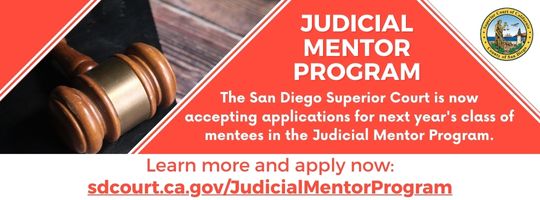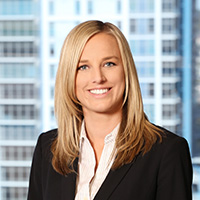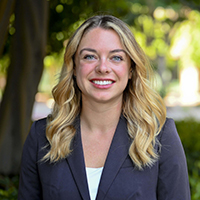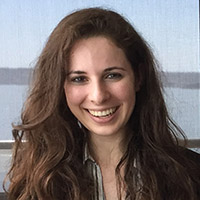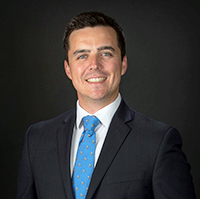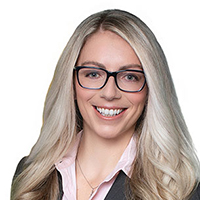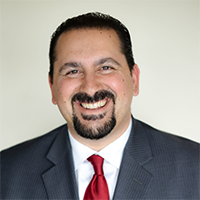Lettuce Meal Plan
By Heidi Weaver
It’s kind of a running joke here at the law school where I work that lunchtime can be feast or famine. Some days you’re lucky if you can grab a stale granola bar or some Pirate Booty from the snack tray in our department, while other days there’s leftover pizza, In-N-Out burgers, and yellow curry coming our way from all the midday programming events that are going on. Neither of these extremes is particularly healthy, but I’m always grateful for any form of sustenance I can get since I’ve never been great at making and packing a lunch for work. Such a thing for me connotes meal planning, and meal planning is an activity I’ve just never been drawn to. In my mind, meal planning means spending all Sunday at the supermarket and then being stuck in the kitchen laboring over cookbooks and a hot stove. A lofty goal, but never a practical one when I only have minutes to spare.


